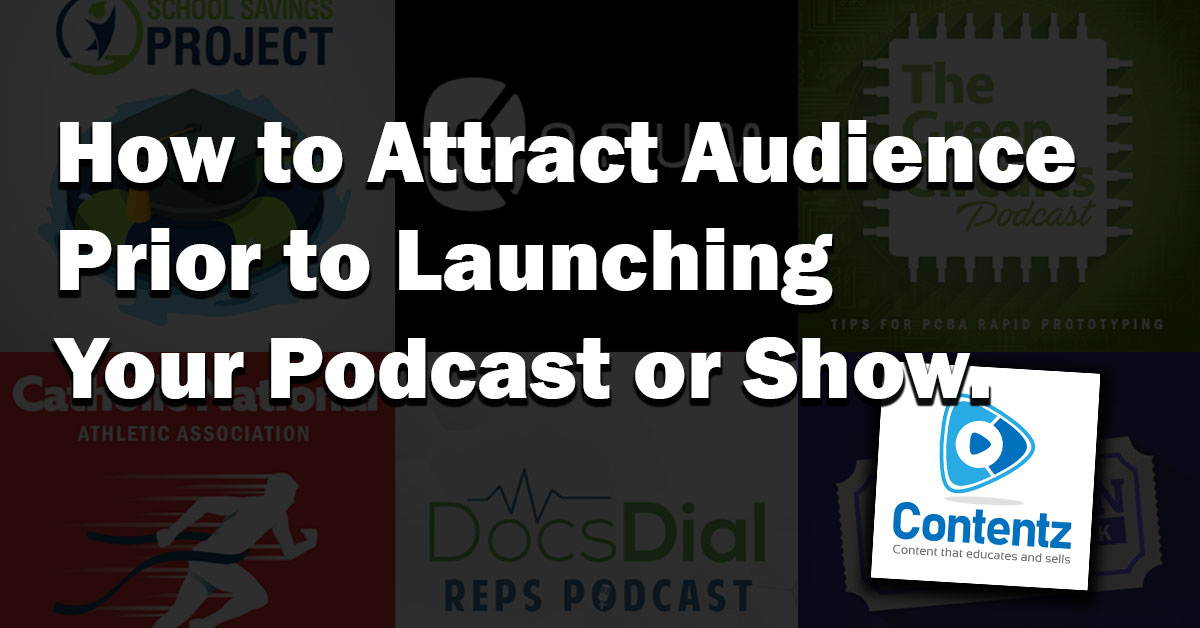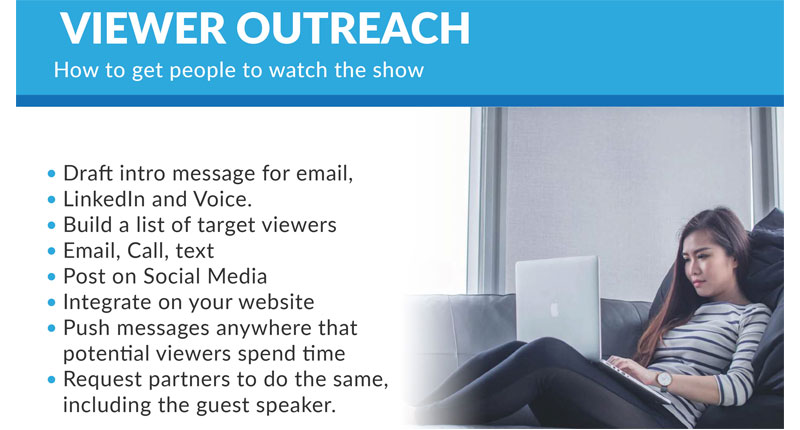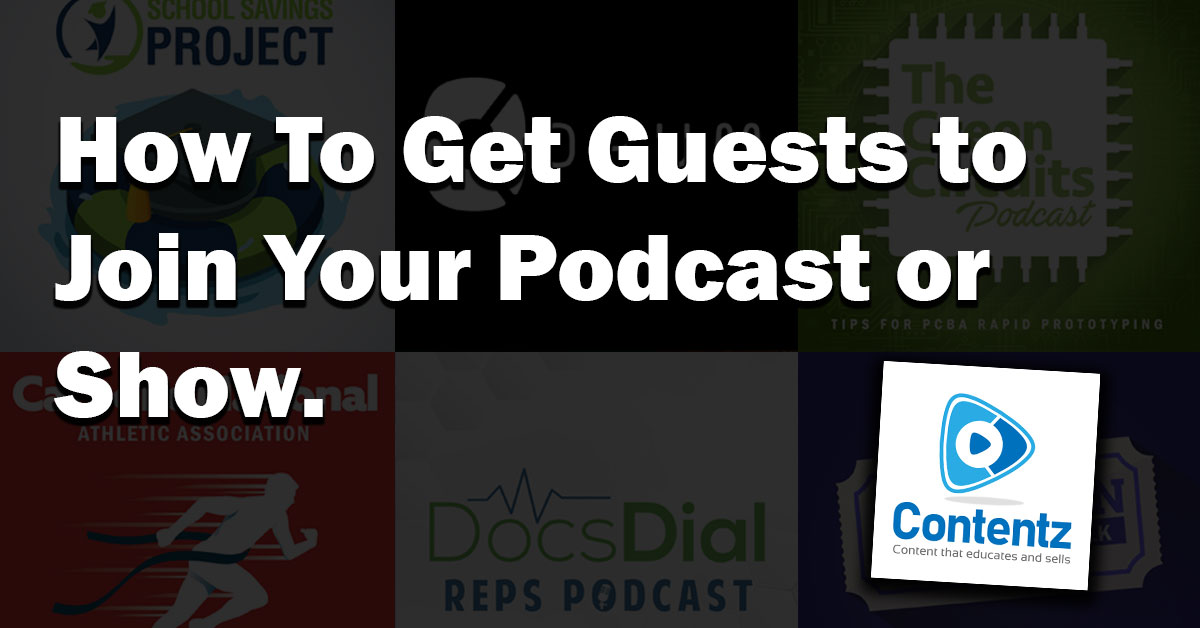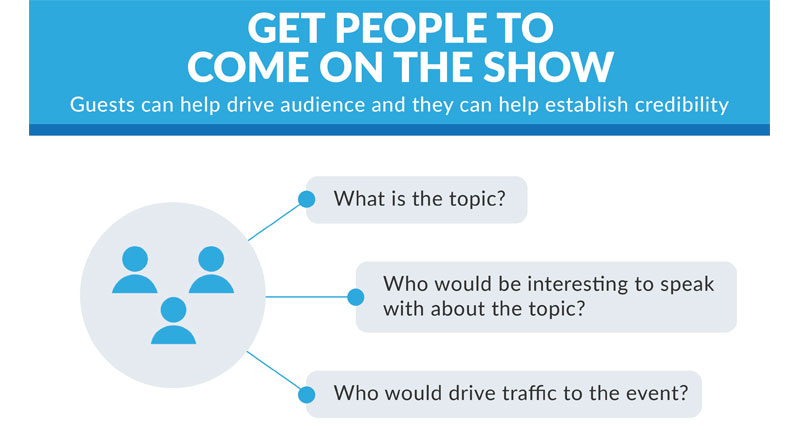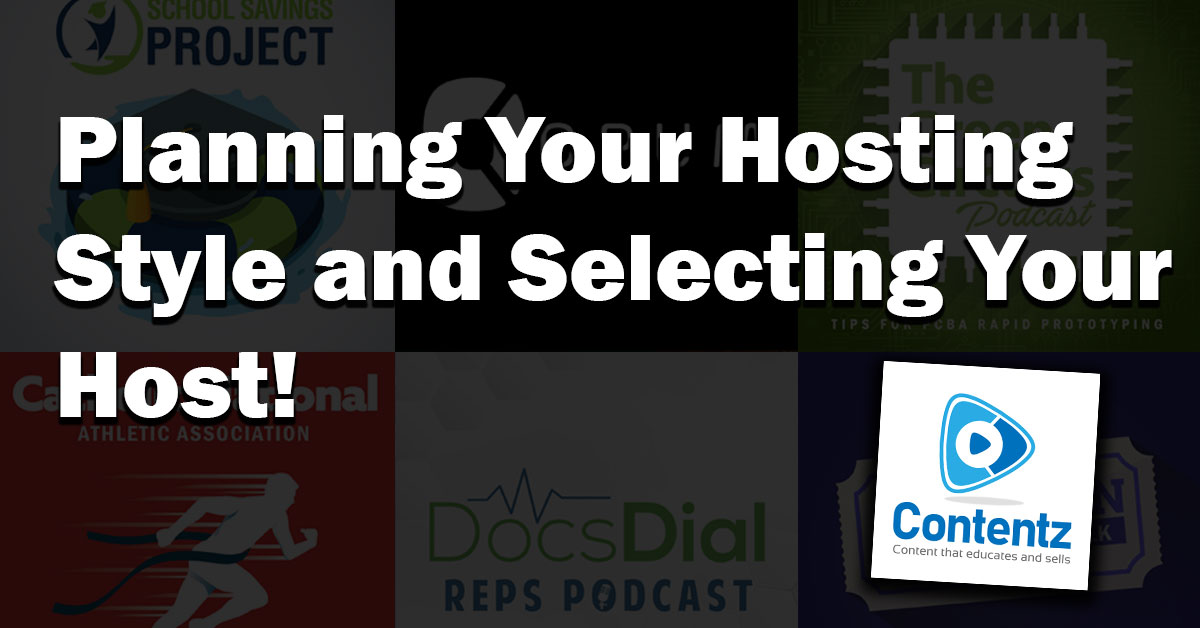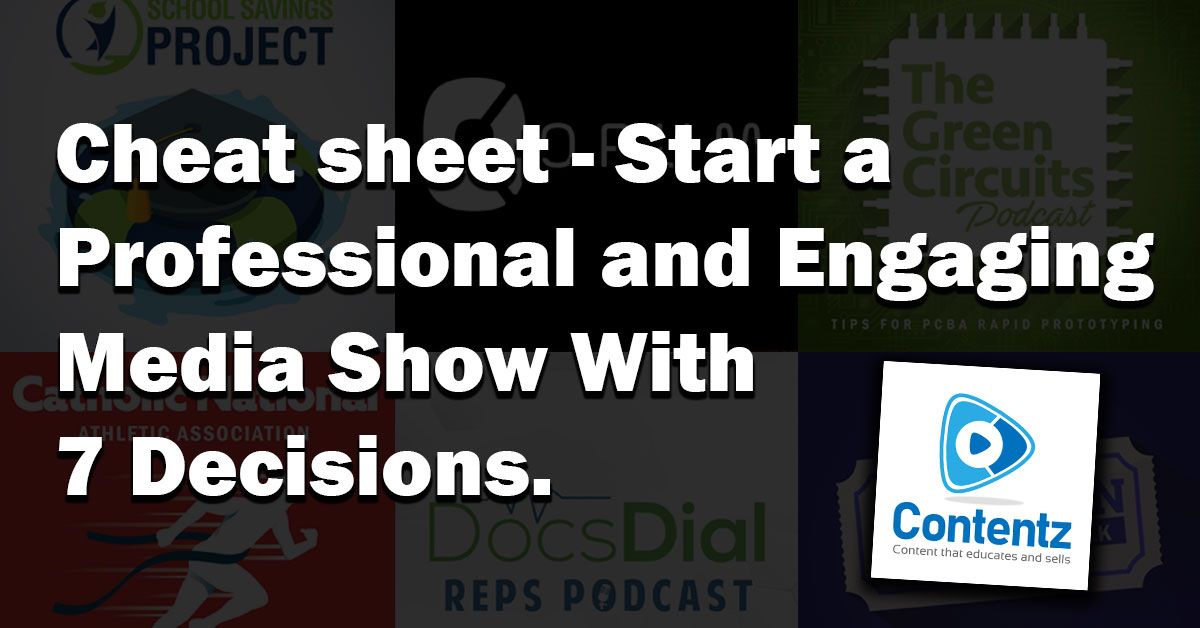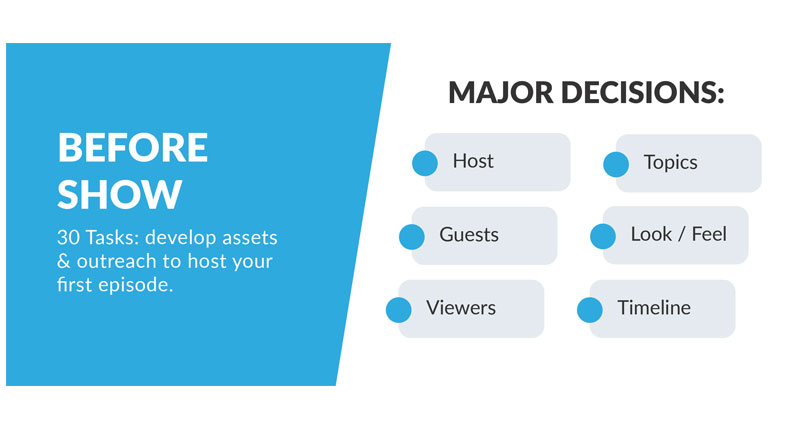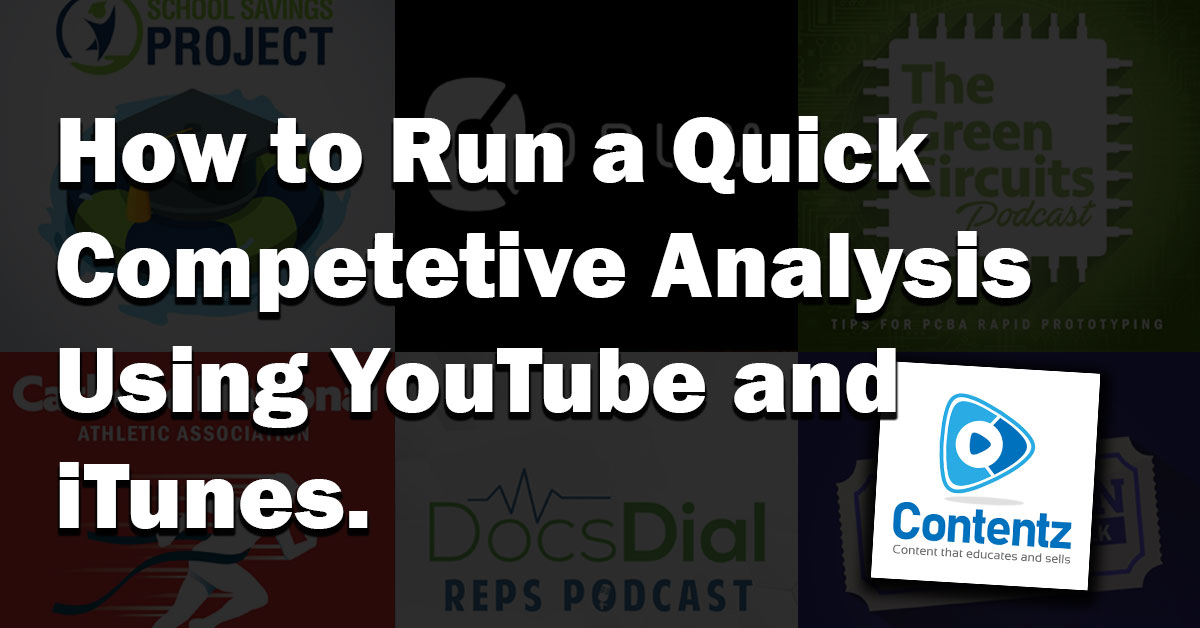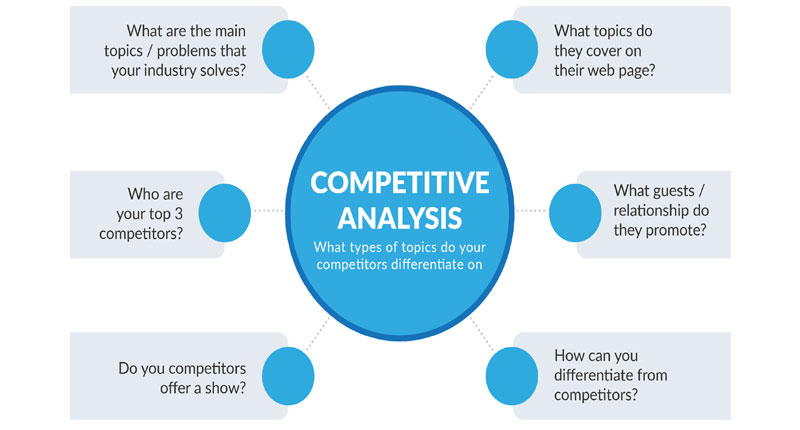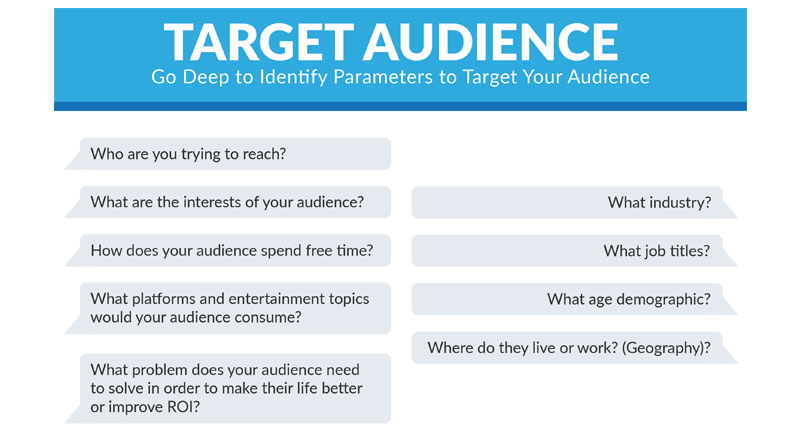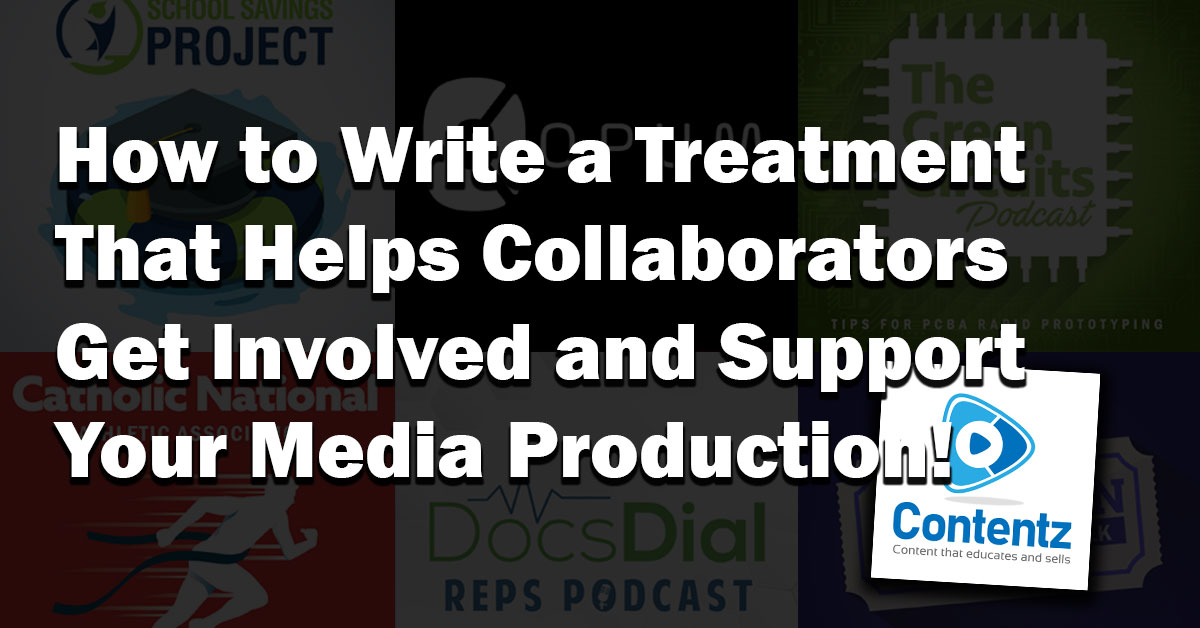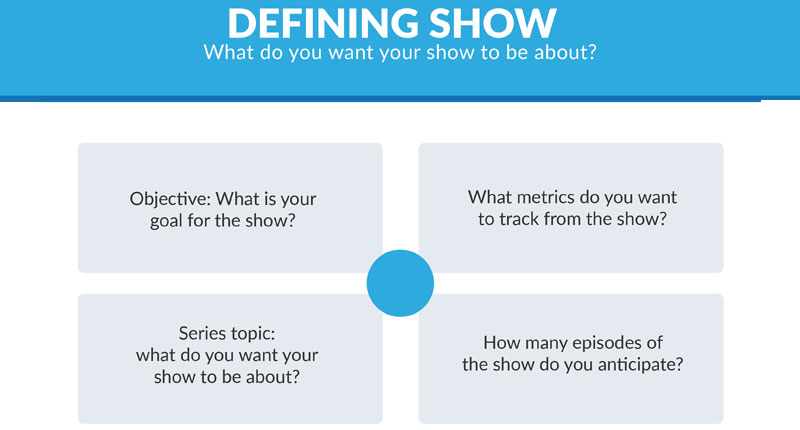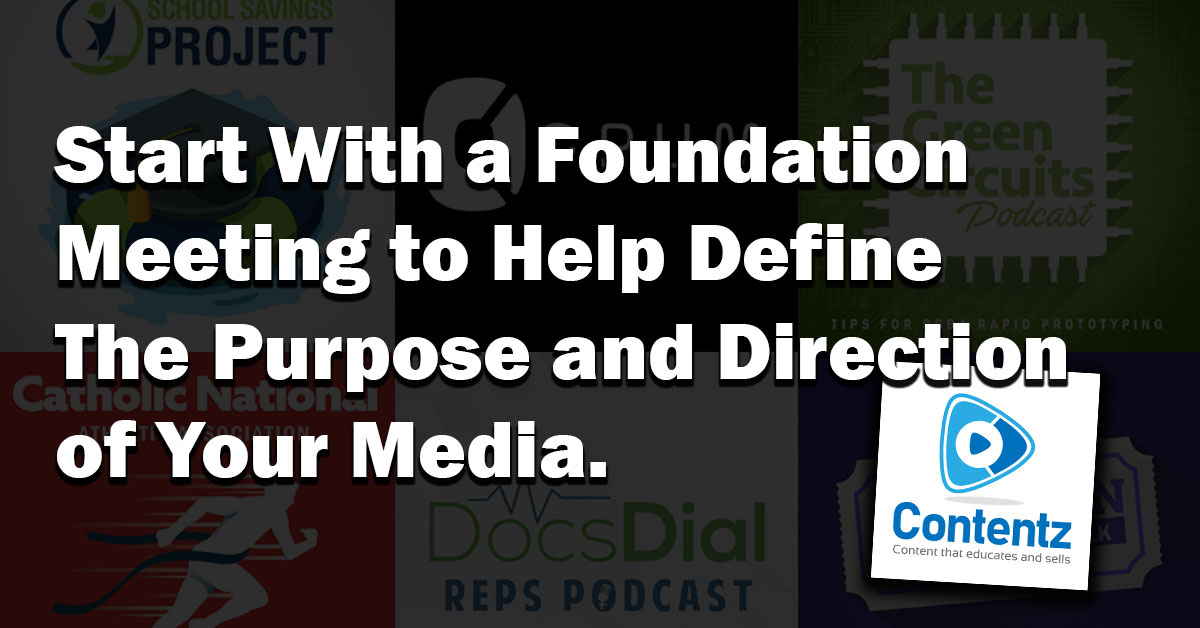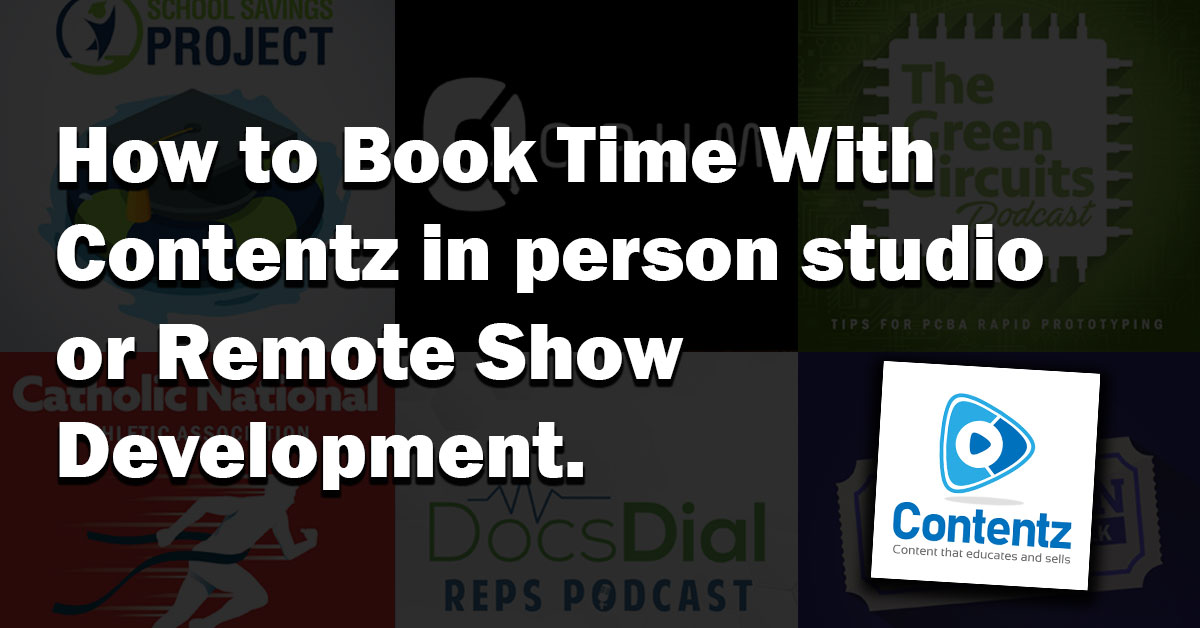Positioning yourself as the expert in your field is critical for businesses in order to break through all of the noise and competition on social media, the internet and globally. Content makes this possible. But it takes hard work.
Many businesses sell similar products, so how do you differentiate yourself? Why do people do business with you? Do you have 50 years of experience in a niche field? Who is your audience? Why should they seek your expertise?
Contentz had a chance to meet up with Dan Beaulieu, an industry leader in strategic sales and marketing in Electronics Manufacturing Services (EMS). His company has supported many millions of dollars in sales revenue over the years, and Beaulieu shared his secret sauce to separating yourself from the competition when he joined The Content Podcast, with Contentz LLC. The Content Podcast explores – becoming the expert, collaborating with other experts, and publishing regularly. Let’s explore these in-depth through the eyes of a professional in the Electronic Manufacturing Services industry.
Become the Expert
Carve out your niche in the industry you serve. Establish yourself and your team as the expert. You need to be well vested in your field of expertise – live it, breathe it, dream it, drive it. It may take time to foster your knowledge.
The way to do this is with content creation. Content creation is the best because it creates opportunities to showcase your expertise.
- Articles: Dan uses articles to provide solutions to his core audience.
- Podcast: Another type of content is a podcast. A podcast offers the opportunity to explore a subject in great depth and keeps your audience engaged in the conversation. Click here to read more about podcast creation at Contentz remote studio.
- Zoom panel production: Zoom panels make for great content – offer greater insight using a highly-visual platform, allowing engagement with the audience.
When you start producing content, focus on the elements below. Plan your episodes.
- Share experiences
- Ask questions
- Be humble
- Be in it for the right reasons, not just to make a buck
To do this, Dan suggests regularly publishing content. He has a schedule and sticks to it. The schedule includes several topics that customers need support in. Within each topic, there are a couple of sub-topics to explore. These sub-topics define the who, what, when, why, and how, providing greater insight into solutions for your readers. Consider the content from multiple perspectives (audiences); this will uncover other topics and offer greater depth to explore.
Provide solutions to your audience’s pain points.
- What is holding them back from achieving their goals?
- What stops them from completing x?
- What challenges do their supervisors have trouble with managing them?
Collaborate with Experts
Network and collaborate with industry experts and a regular basis. Be purposeful in your pursuit of becoming/showcasing your expertise. Find people who complement your skillset and those that challenge you to reach greater heights. Here is a great article – 5 Ways to Improve Collaboration with SMEs, offering guidance for fostering collaboration.
Find the social media channel that best fits your business’s marketing needs. Dan and his team utilize LinkedIn to engage with their audience and publish content regularly. They also connect via email newsletters and Zoom meetings, including in-person meetings.
Publish Regularly
Establish a cadence for communication pieces. Determine how frequently you and your team can commit to publishing content. A well-thought-out plan needs excellent topics, a routine for producing the content, techniques for flushing out articles to make them worthy of reading. Check out the Contentz Editorial Calendar – where you shop by the industry, for various content pieces, like articles, podcasts, webinars, and more.
Most importantly, you have to start somewhere. Yes, we all strive for perfection. But. The reality is you need to start somewhere. Over time, we all get better. Things become more manageable, not because things have changed, but because we have done them enough, you know the ropes – what we need to do, when we need to do it, and how to get it done.
Regarding marketing content, it is incredibly beneficial to explore various mediums to share your content, like an article, video, or podcast. Support your audience by providing content in multiple mediums. You will discover that some of your audience pays more attention to the podcast, others prefer the newsletter, and some just want a video.
Dan Beaulieu of DB Management Group
Dan is a seasoned veteran of the Electronic Manufacturing Service industry. There is not much he has not seen or been a part of. During The Content Podcast interview, he sheds light on his secret sauce in how he positions himself and his team as experts.
“So everything out there I’m trying to learn about and …find somebody who knows better than I do and partner with them.“
Click here for the podcast interview, and learn more about being an expert.
Click here for You Have to Be Impactful, a DB Management Group article.
Conclusion
As Dan Beaulieu of DB Management Group mentioned in our podcast, “It’s kind of like being a psychiatrist. You don’t call people out and say, hey, I hear you need me. I hear you got trouble. We put columns out there, and after a while, people call us. When I show up, I’ve had people open up a door and say, here are your columns right here. I’ve been saving them for years, knowing there was a day I was going to call you. And it’ll be a column that’s seven years old.”
Putting out content is a long game. It is an investment in you and your organization’s future as much as serving your immediate needs. Be the expert and let the world know it! Spend time developing your plan, but do not let it encompass you to the point of paralysis.
The most important part of this journey is to start. And to push yourself to a regular posting schedule, you will see an improvement in your content over time. One day, you will see the fruits of your labor. Good luck; now go get ’em!
For tips on elevating your content creation, contact the team at Contentz today.


